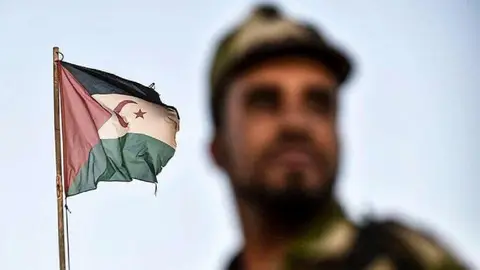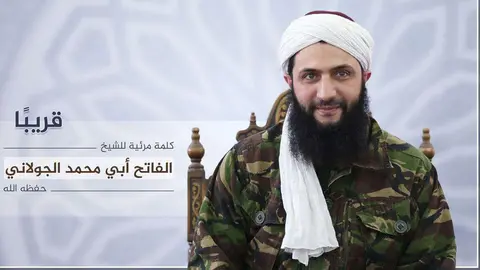Seven years after defeating Daesh, Iraq is worried about the crisis in Syria
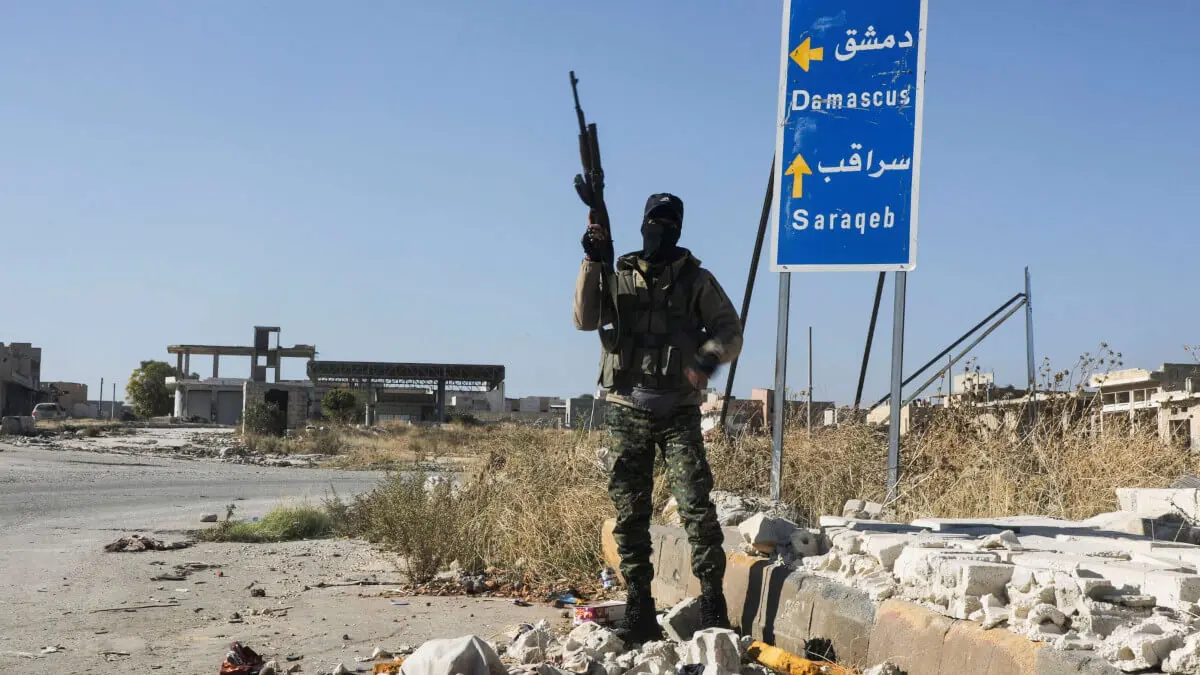
Recent events in Syria overshadowed the commemoration of the seventh anniversary of the recapture of the northern Iraqi governorate of Nineveh from Daesh. This anniversary, which originally had a mainly security focus, has this year taken on a political character that has overshadowed its original purpose.
The seventh anniversary of the terrorist group's defeat in Iraq coincides with the fall of Bashar Al-Assad's regime in Syria, something that could have a significant and direct impact on Iraq's security. In the summer of 2014, the jihadists launched an offensive from Syrian territory that ended with the conquest of Mosul and then spread to the north and west of Iraq, reaching as far as the outskirts of Baghdad.
The Shiite militias, which played a key role in the fight against Daesh and currently have a significant influence in Iraqi politics, have tried to reassure the population, assuring them that they will keep a strict watch on the borders to prevent any possible incursion of the extremist organisation from Syria into Iraq.
They have also taken advantage of the current situation to underline their importance, together with the regular Iraqi forces, in securing the country, especially in the most crucial and vulnerable areas, such as the border areas and the interior territories where fighting against terrorists is still ongoing.
At the same time, the political and media discourse of the militias has focused on warning of the persistent threat posed by Daesh to Iraq. In this regard, they have gone so far as to claim that the US uses this threat to exert pressure on Iraq and force its authorities to accept the presence of US forces in the country.
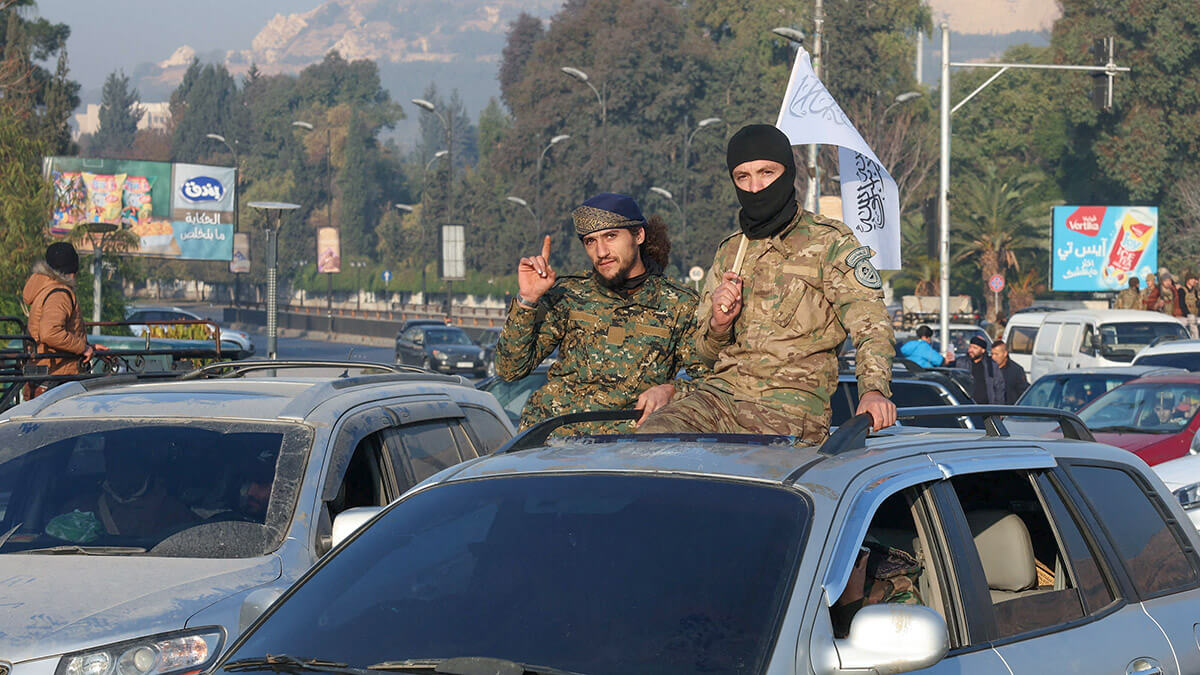
This narrative has been pushed mainly by the Islamic Republic of Iran, the main supporter of these Shi'a militias, which it uses to expand its influence in both Iraq and Syria. In Syria, Tehran has suffered a significant defeat with the fall of the Al-Assad regime, which has led it to reinforce its presence and control in the region through these militias.
Mohsén Rezaí, a member of Iran's Council of Convenience Discernment, has accused the US of training thousands of members of the Daesh terrorist organisation in Syria, near the Iraqi border.
This is not the first time Iranian officials have made such accusations, despite the fact that the US led the international coalition against Daesh that succeeded in defeating the terrorist group in Iraq on 10 December 2017.
Shiite militias in Iraq have also warned about ‘attempts to export terrorism from Syria to Iraq’, noting especially the opening of prisons in Syria and the release of terrorist leaders. The situation in the Kurdish-controlled Al-Hol camp, which houses family members of Daesh members, has also been highlighted here.
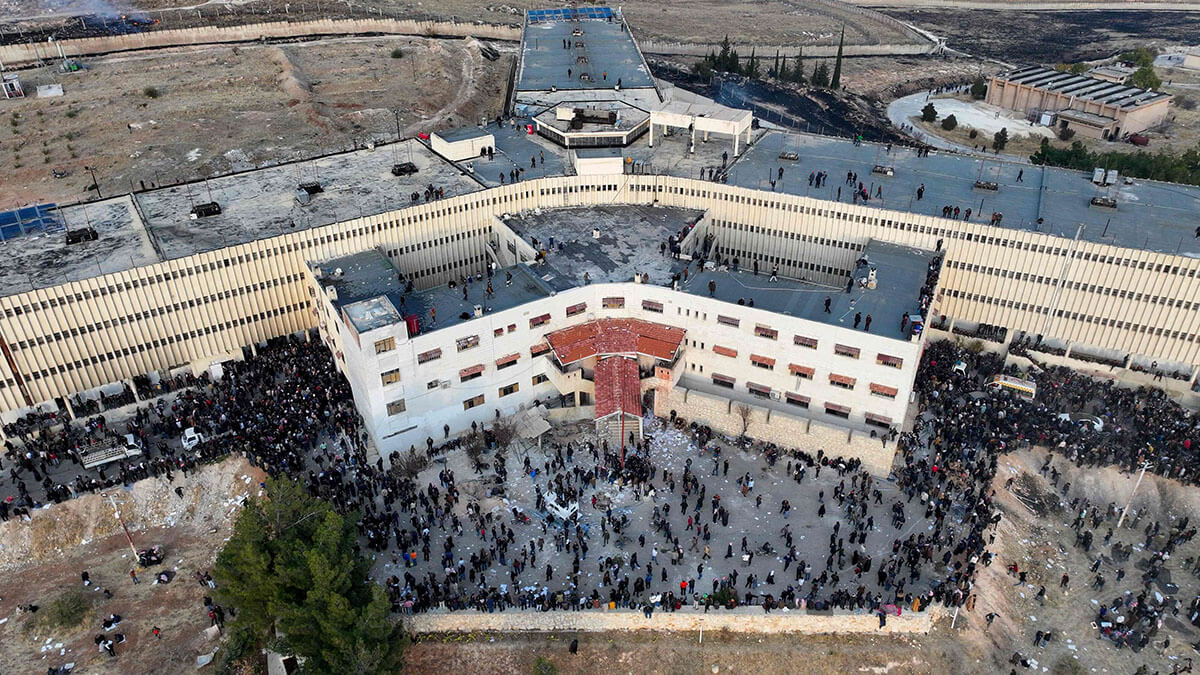
Iraqi Prime Minister Muhammad Shia Al-Sudani described the seventh anniversary of the defeat of the extremist organisation as ‘a milestone in the journey of the Iraqi people’. ‘This day has become a symbol of resistance and unity for the country, marking not only the military victory, but also the process of recovery and reconstruction after years of conflict and destruction,’ he said.
In his speech, Al-Sudani contrasted the bullying approach adopted by Iran and its allies in Iraq with a message of hope and stability, noting that ‘today terrorism no longer has a foothold in the land of Iraq, and its remnants are nothing but defeat before our armed forces’. He stressed that Iraq has emerged ‘strong, healthy and victorious’, and that it is determined to build, rebuild and develop.
However, he also stressed the need to ‘confront foreign ideas and everything that destroys our social and cultural values, based on our Islamic and humanitarian faith’.

